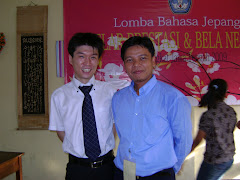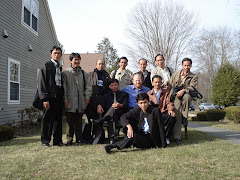The yo (よ) particle can be used for emphasis. For example a sentence like uso ja nai yo (うそじゃないよ) means something like, ‘I assure you it’s not a lie!’ Another example is, honto des yo (ほんとですよ) which means something like, ‘I assure you it’s true!’ Without the yo (よ), honto des (ほんとです) or uso ja nai (うそじゃない), just means ‘it’s true’ or ‘it’s a lie.’ Adding the yo (よ) gives these phrases more of an emphasis.
In addition, yo (よ) can be used to state something with authority. If someone says, muri des yo (むりですよ), it’s like someone saying, ‘I guarantee you that it’s impossible’. The tone of this statment is made very strong by the use of the yo (よ) particle, so be careful about using it towards certain people. For example, I wouldn’t use the yo (よ) particle in a sentence with a boss. I think it would come off as rude if you were to assert yourself so strongly in front of your superior.
The yo (よ) particle can also be used to brag about something. For example, if you say, goukaku shita yo (ごうかくしたよ), which can be translated as, ‘Of course I passed.’ I left the subject wide open for interpretation. It could be a test, an interview, whatever you want it to be. You could also say, kantan des yo (かんたんですよ), which could mean, ‘Of course it’s easy.’ I also left this wide open for interpretation.
The main point that I tried to emphasize is that with all these phrases, the yo (よ) particle can take on different undertones. Yes, it’s true that in the general sense yo (よ) is assertive and authoritative, but notice how it’s hard to exact an all purpose explanation that is the same for every phrase. So the next time you use yo (よ), think about how you want to express yourself.
Wednesday, August 26, 2009
Subscribe to:
Post Comments (Atom)














No comments:
Post a Comment